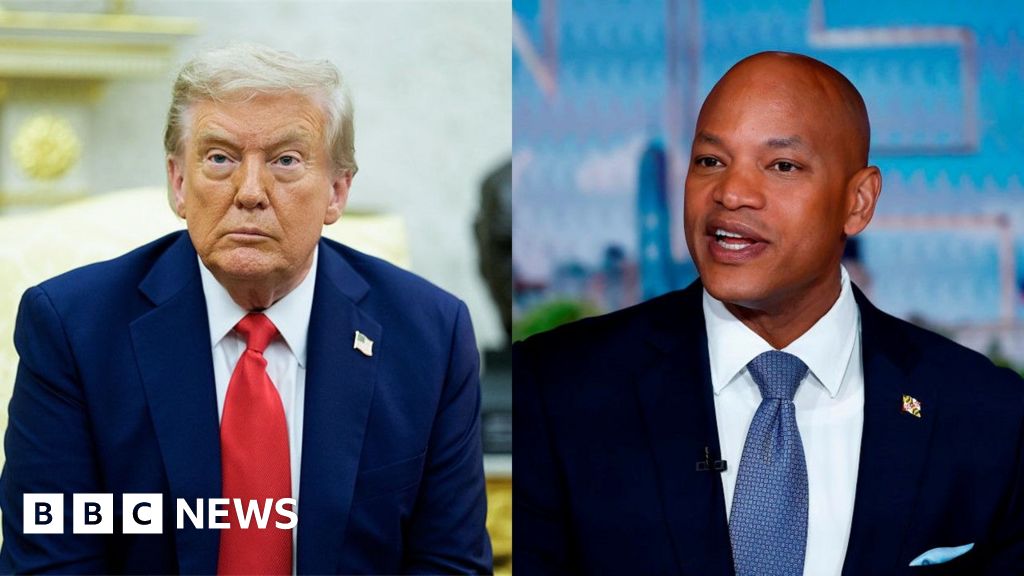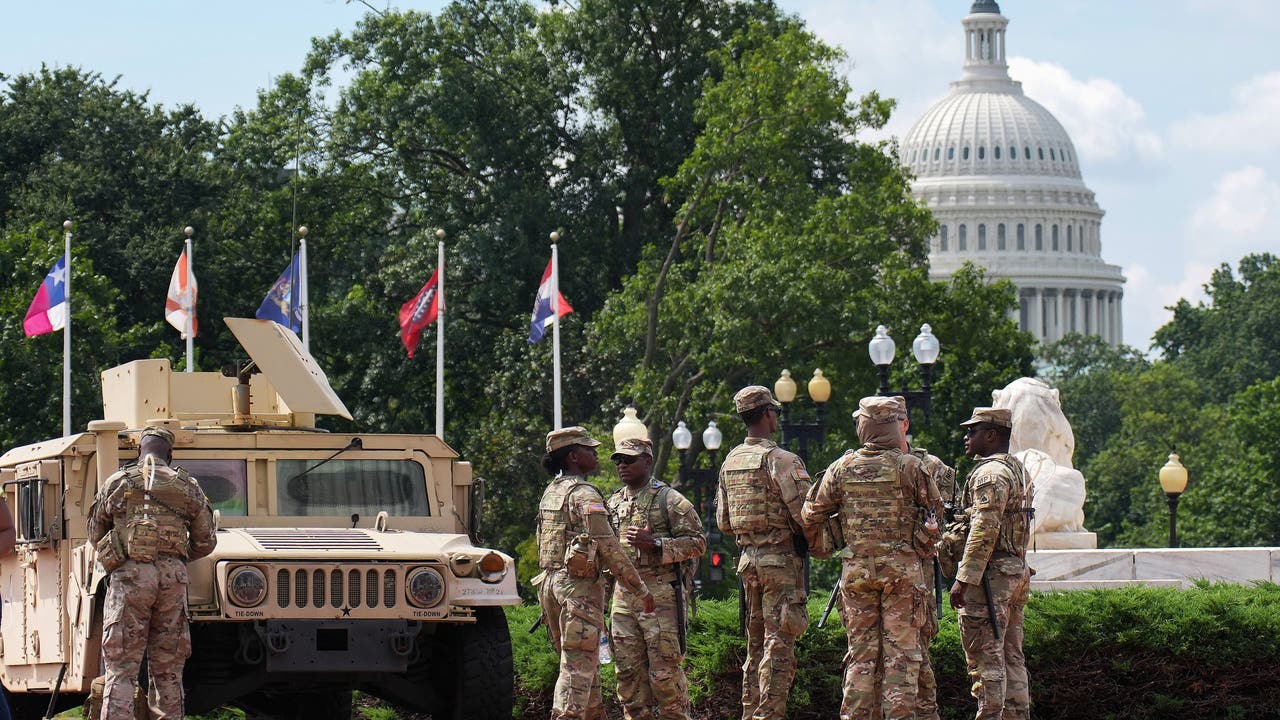
In a latest announcement that has stirred pretty a piece of controversy, former President Donald Trump has threatened to set up the National Guard to Baltimore. This pass is aimed at addressing what he perceives as the metropolis's ongoing demanding situations. Trump, regarded for his ambitious and frequently divisive rhetoric, defined the movement as a essential step to "clean up" the city.
Baltimore, a metropolis with a wealthy history and colourful subculture, has sadly been in the information for its struggles with crime and infrastructure issues. The former president's remarks have sparked a extensive variety of reactions from both neighborhood officials and residents. Many are thinking whether such federal intervention is the right method.
Trump's remarks come amidst a broader national communication approximately the role of federal forces in nearby affairs. Baltimore has been at the middle of this debate earlier than, mainly all through durations of civil unrest. The concept of sending in the National Guard is harking back to comparable actions in different cities, that have been met with combined reviews.
Local leaders have expressed challenge over Trump's concept. They argue that deploying the National Guard should escalate tensions as opposed to remedy the underlying troubles. Instead, they may be calling for greater sustainable answers that involve network engagement and funding.
Residents of Baltimore have various reviews on this trouble. Some human beings agree with that federal intervention would possibly bring lots-needed interest and resources to their town. However, others fear that such movements might undermine nearby governance and network trust. The stability between federal authority and local autonomy is a sensitive one.
Critics of Trump's technique point to the significance of addressing the foundation causes of Baltimore's challenges. These encompass poverty, loss of get entry to to first-rate schooling, and systemic inequality. They argue that meaningful alternate requires long-time period commitment and collaboration, now not only a temporary display of pressure.
Supporters of the former president, but, argue that drastic measures are had to result in real change. They see the capability deployment of the National Guard as a formidable step that could result in upgrades in public safety and excellent of lifestyles in Baltimore.
The verbal exchange around this trouble isn't always just about Baltimore; it reflects a larger national discourse on how towns can efficiently manipulate their challenges. The intersection of federal electricity and neighborhood needs is a topic that continues to evolve, particularly in instances of heightened political tension.
As Baltimore and other towns navigate those complex problems, the function of leadership in any respect tiers turns into increasingly more critical. Strong, empathetic leadership that prioritizes the desires of the community could make a significant difference in crafting effective answers.
Ultimately, the question stays: How can towns like Baltimore reap sustainable progress? The answer in all likelihood lies in a aggregate of federal aid, kingdom resources, and local projects, all working in harmony to uplift groups and create lasting exchange.










